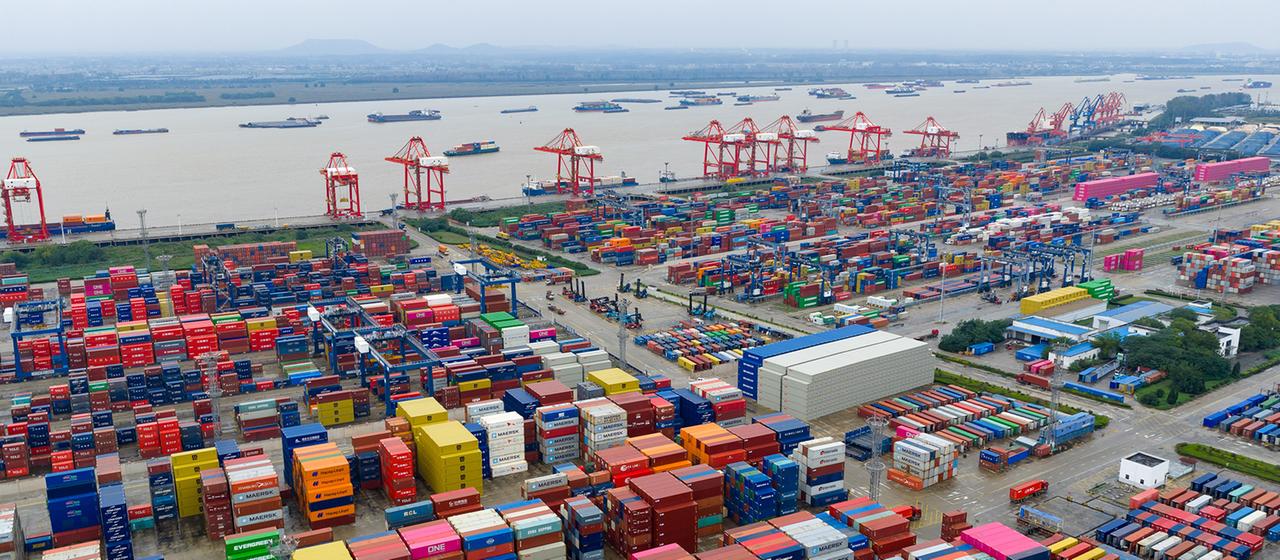
analysis
Following the meeting between Trump and Xi, there is hope that the trade dispute between the US and China will at least not escalate further – provided the agreements are implemented. After all, the two superpowers remain rivals.
The good news: The major collision in the trade dispute between the two largest economies, China and the USA, seems to have been averted for now.
US President Donald Trump had recently threatened tariffs of more than 100 percent on Chinese goods starting in early November - China seemed to be turning off the tap for strategically important raw materials, the rare earths.
Both scenarios would have severely impacted global trade and Europe. Both, it seems, are off the table for now – and the conflict has at least been postponed.
Line-up for the next round?
A brief respite – but how long it will last is uncertain. Despite the friendly words exchanged at the meeting between Trump and Chinese President Xi Jinping, the rivalry between China and the US remains.
Both sides are likely now striving to better position themselves for the next round of the dispute. The US is attempting, at least in the medium to long term, to develop new sources of rare earth elements – needed for high-tech products – in order to break its dependence on China for these important raw materials.
The communist leadership in Beijing, however, will try to develop replacements for US high-tech chips in order to catch up in the race to develop artificial intelligence.
The agreement is a victory for the USA.
Many details of the agreement remain unclear. However, considering what is known – even without a written agreement – it appears to be a partial victory for the US. China is postponing a tightening of export controls on rare earth elements for a year – its most powerful tool in the trade dispute. But Beijing is primarily receiving commitments for minor tariff reductions.
There's no mention of Taiwan and the delivery of high-tech chips that Beijing so desperately wants. Instead, Xi explicitly praises Trump as a peacemaker, for example in the Gaza Strip or in Southeast Asia.
Anyone familiar with the usual rhetoric of the Communist Party can assume that Xi didn't find the words easy to utter. Especially since Trump, in a post shortly before the meeting, raised the possibility of resuming nuclear tests.
China is buying time – and again US soy.
Interestingly, Xi's statements are not included in the official announcements. It is likely that China wants to buy time. Its economic model is export-oriented, and it takes time to further develop other markets as alternatives to the US.
Furthermore, domestic demand is stalling – many Chinese are saving money because they lost money in the housing crisis. US industry can now hope for crucial raw materials – and US soybean farmers can hope to sell their produce to China again, provided the agreements are implemented.
Europe can only hope that it, too, will benefit from trade concessions – because European industry also needs rare earth elements. However, the EU must continue to prepare for turbulent times, as the next escalation in the trade dispute between China and the US is inevitable.

